Think back to an experience when you’ve felt completely “in the zone” and “one” with what you were doing. That feeling where you were so immersed and absorbed in the activity that you lost track of time. Mihaly Csikszentmihalyi, the author of “Flow: The Psychology of Optimal Experience,” has described this state as “flow” where your mental energy, concentration and attention in the moment are all focused on a goal at hand and nothing else exists around you or seems to matter. You’re literally “flowing” with what you’re doing and in tune and fully connected with the present moment and activity.
I love the feeling of flow because it is during these times that I feel most productive and that I’m functioning at an optimal or higher mental state and completely engrossed in what I’m doing. I experience my best moments of flow when I’m working out, working on a project, leading my Strong Girl Workshops and many times when I’m writing (although I have to admit there are many times when I also experience writer’s block). I’ve also been able to find flow in the most mundane tasks I’ve been able to turn into a game to complete—like cleaning my room. While I am not necessarily looking forward to it, once I start, I get on a roll, time passes by, I don’t want to stop and all of a sudden I’m on a huge cleaning spree!
You know you’ve found flow when you feel unstoppable or you’re on a roll and buzzing along. You also know that any type of interruption (like someone walking into your office, a text or call, a noise, etc) would literally disrupt your state of flow and throw you off your game. Flow is something that everyone can attain.
So, how do we find flow?
Csikszentmihalyi has spent his career to studying flow and has concluded that flow is found when you’re able to find a balance between the challenge of the task and the skill you have to complete it. So, for example, if the challenge is high and your skills are low you would feel anxious or overwhelmed because the task is simply too hard. If you’re skills are high and the challenge is low, you’d likely feel bored because you’re aren’t being challenged enough or it’s too easy. We hit the “sweet spot” and find flow when we’re being challenged, but also when the skills we need to meet the challenge are high. The great thing is that we can adjust either the challenge or our skill set to reach flow. And, flow experiences can happen in everyday life whether you’re in school, at work or actively at play.
It’s very likely you’ll find flow with a passion of yours or something you enjoy doing. Some people may find flow playing an instrument, running, gardening, baking, reading a book, mountain climbing, painting or perhaps a surgeon when he is performing heart surgery or a detective when she is getting to the bottom of a case. For others, they may also experience flow during tasks they don’t particularly like or look forward to doing, possibly like filing papers or a job they don’t like, but in the moment they are able to find meaning and purpose and find these tasks enjoyable to complete and thus experience flow.
The Conditions of Flow
Csikszentmihalyi identified different conditions or elements that lead to the “optimal experience” of flow. Not all of these factors have to be met for flow to happen.
- Clear understanding of goal and purpose
- Feeling a sense of personal control over activity (It’s an active activity, not passive)
- Direct feedback on progress
- Balance between challenge and skill
- Concentrated attention and focus on task at hand
- Loss of self-consciousness
- Distorted sense of time
- Activity is intrinsically rewarding
- Lack of awareness of physical (body) needs
- Absorption in the activity
Benefits of Flow
Csikszentmihalyi’s research shows that there are benefits to adding more flow experiences to our lives including increased happiness through experiencing flow! Here are just some of the benefits of flow.
- Improvement, progress or mastery of skill
- Sense of satisfaction
- Boost in self-esteem
- Sense of enjoyment (different than pleasure)
- More creativity
- Reduced stress
- Boosts in productivity
- Increased positivity and meaning in life
- Improved ability to concentrate
- Overall positive boost in well-being
When do you experience flow? When are you completely absorbed in what you are doing? How can you add more flow to your life? What may get in the way of you finding flow and how can you remove that, so you can experience flow (maybe turning off your phone or silencing your texts)?
Are you currently struggling to figure out your passions or purpose in life? What are you good at? What are your skills and strengths? Perhaps by identifying your moments of flow, you can start to become aware of these activities or what you’re doing in these “optimal states” that may give you more purpose and meaning in life and help point you in the right direction. Perhaps you can add more flow to your life by making even mundane tasks or chores more meaningful now.
Whatever it is for you, I’d love to hear about your flow experiences. Comment below and share your flow moments!
If you’re interested in learning more about flow, I recommend Mihaly Csikszentmihalyi’s books!


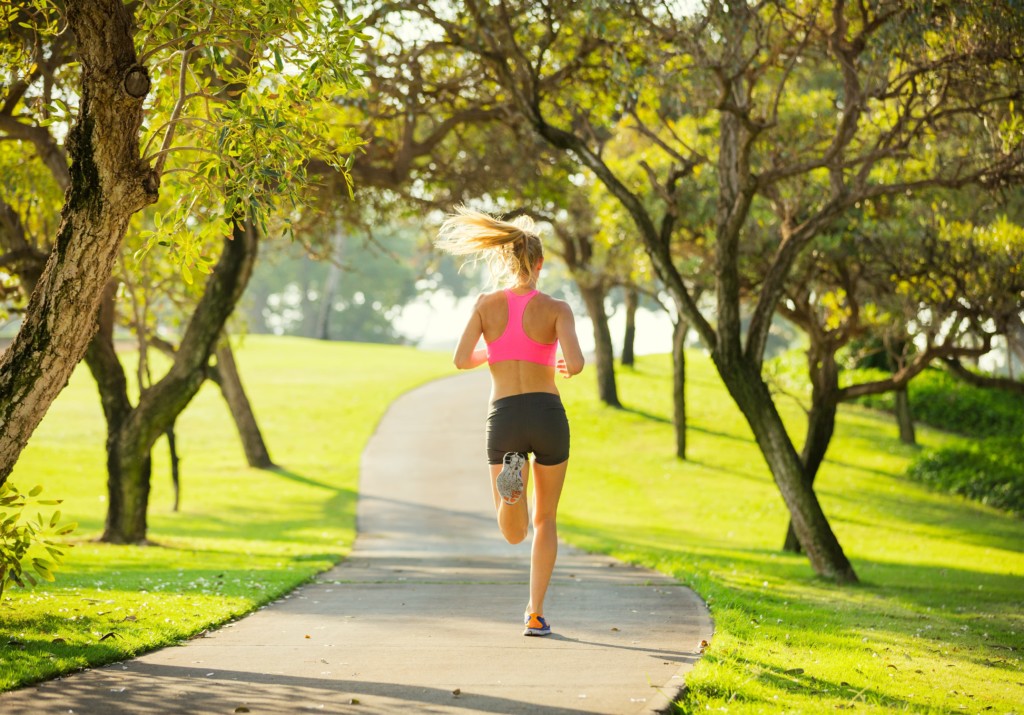
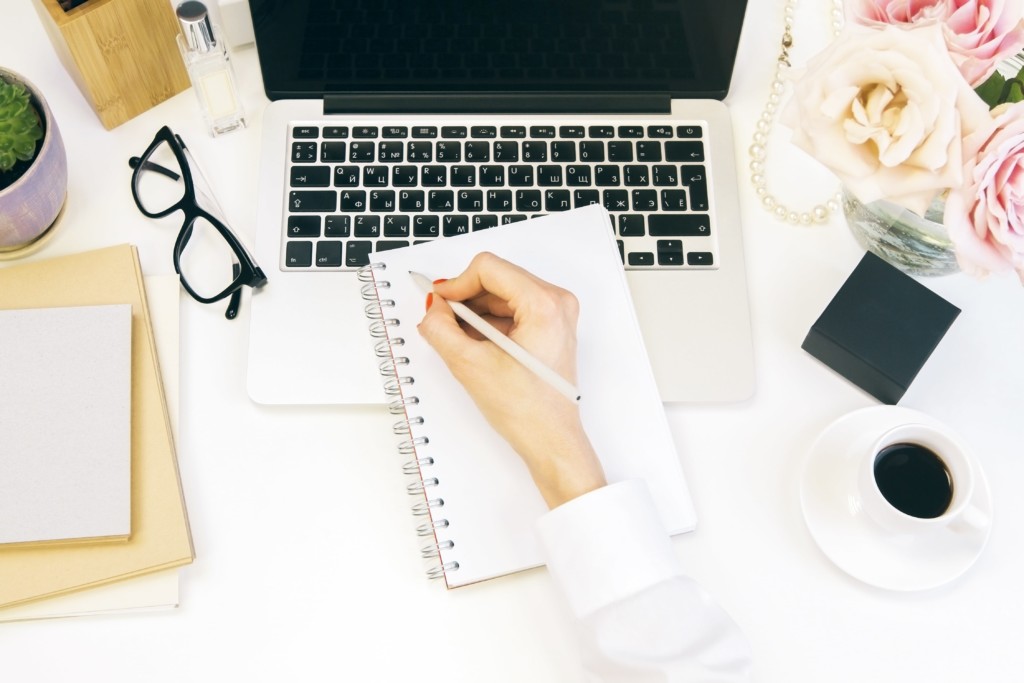
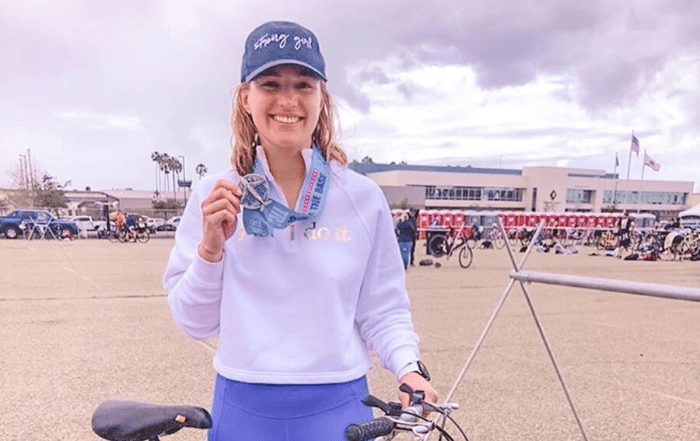
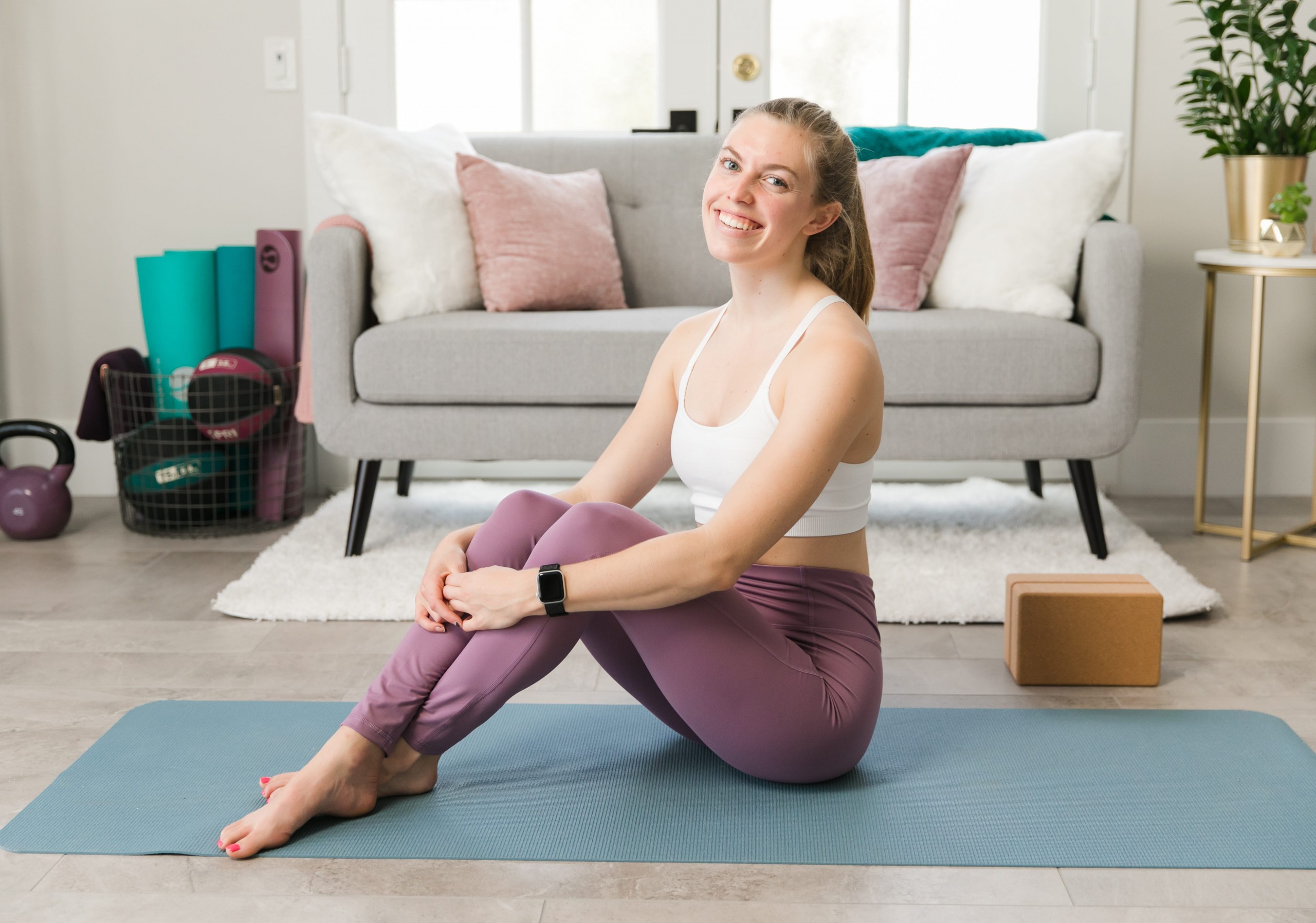
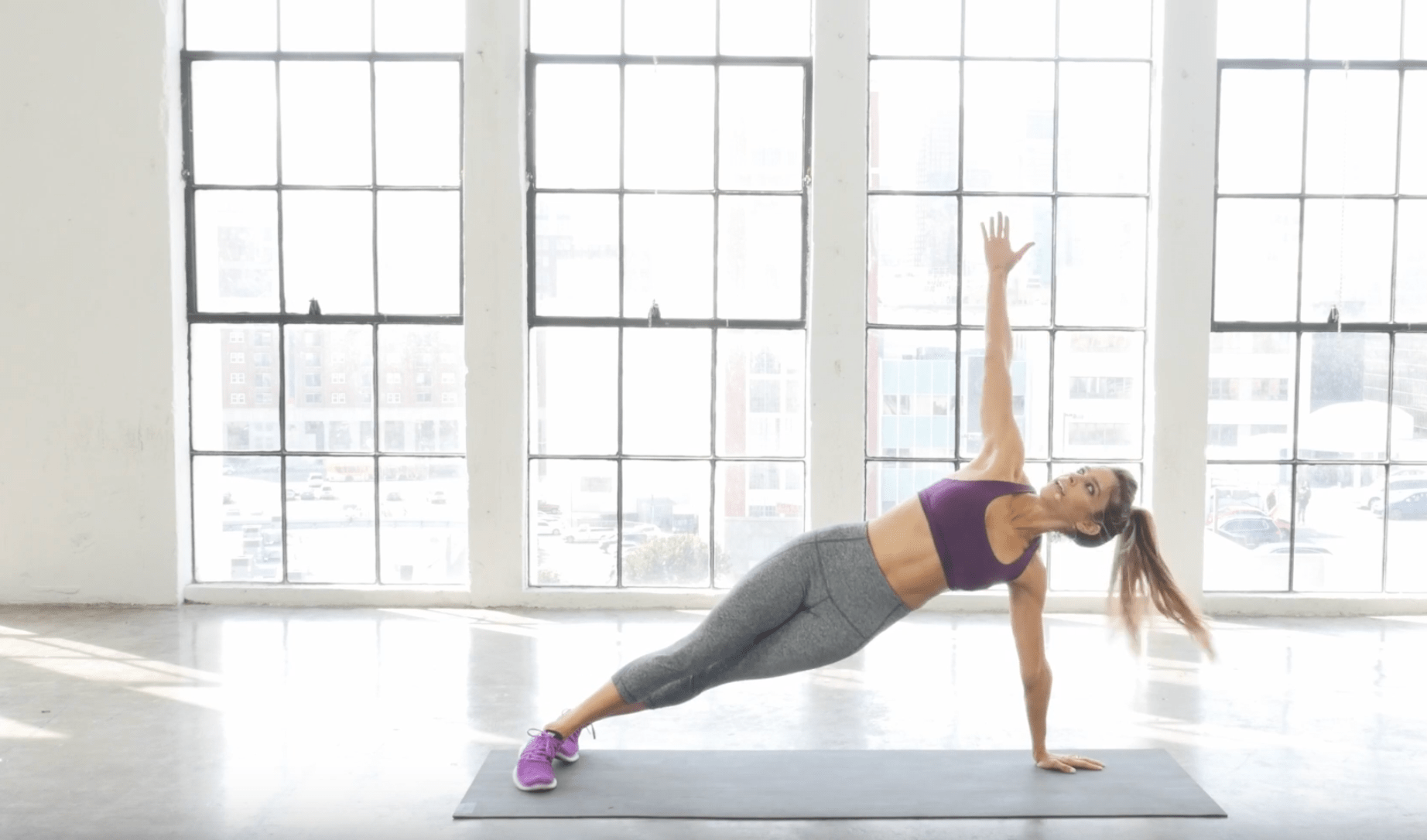
Leave A Comment